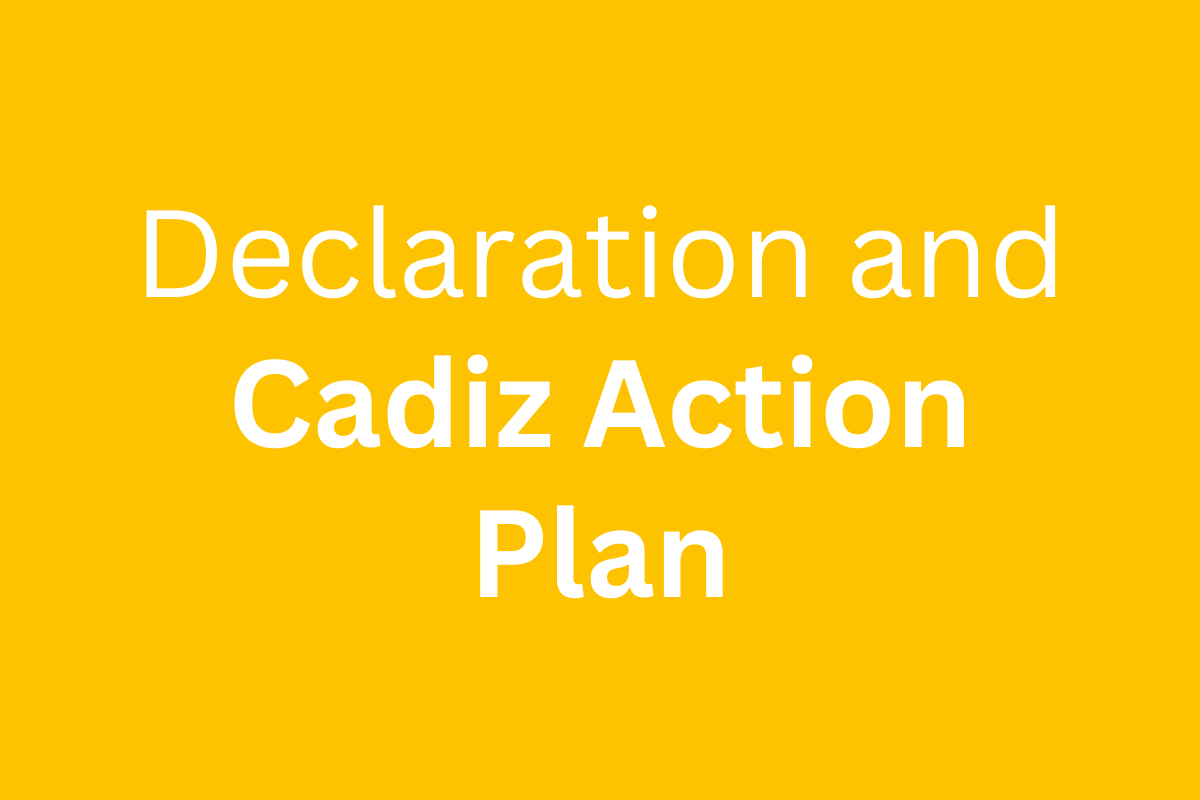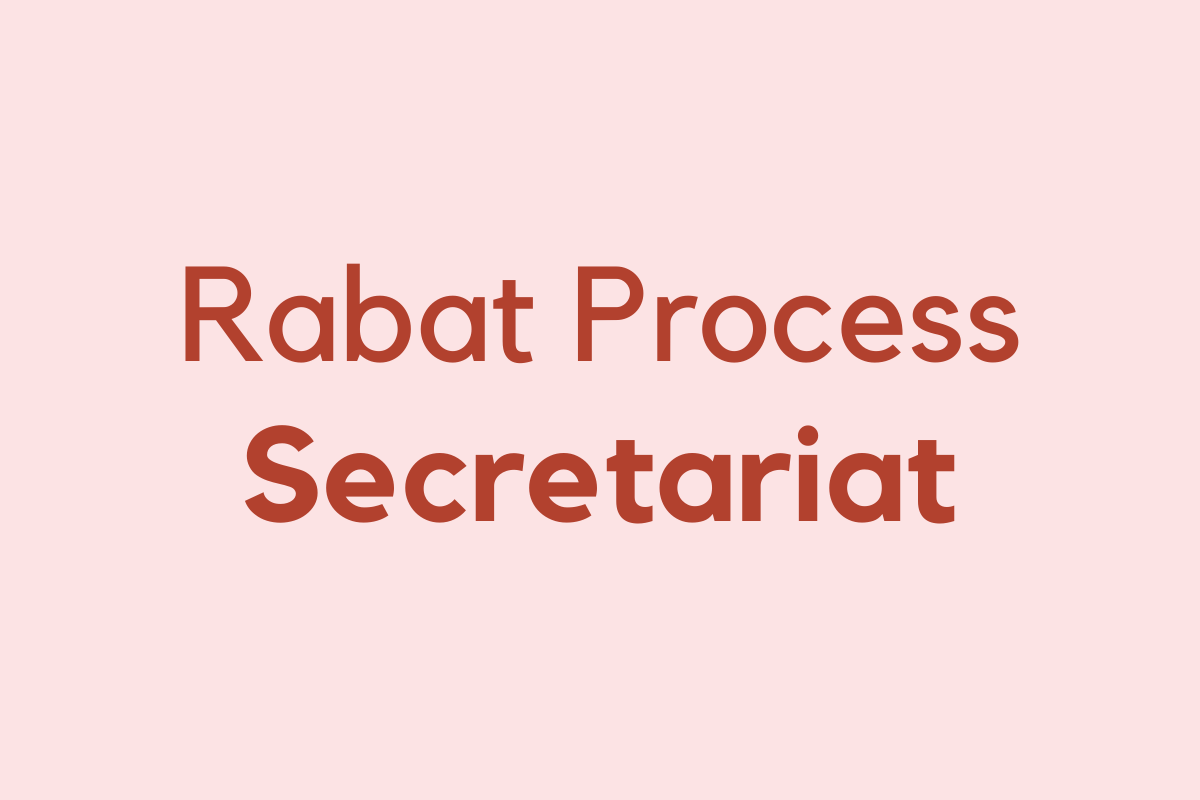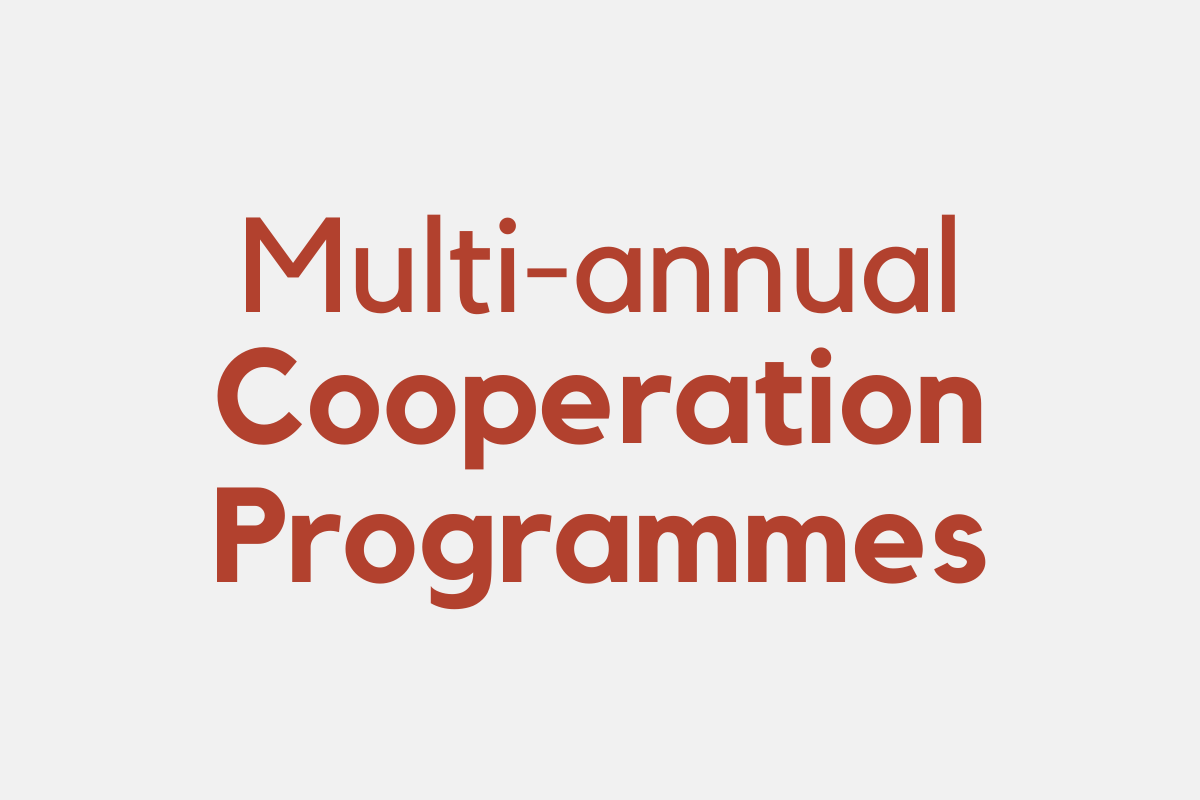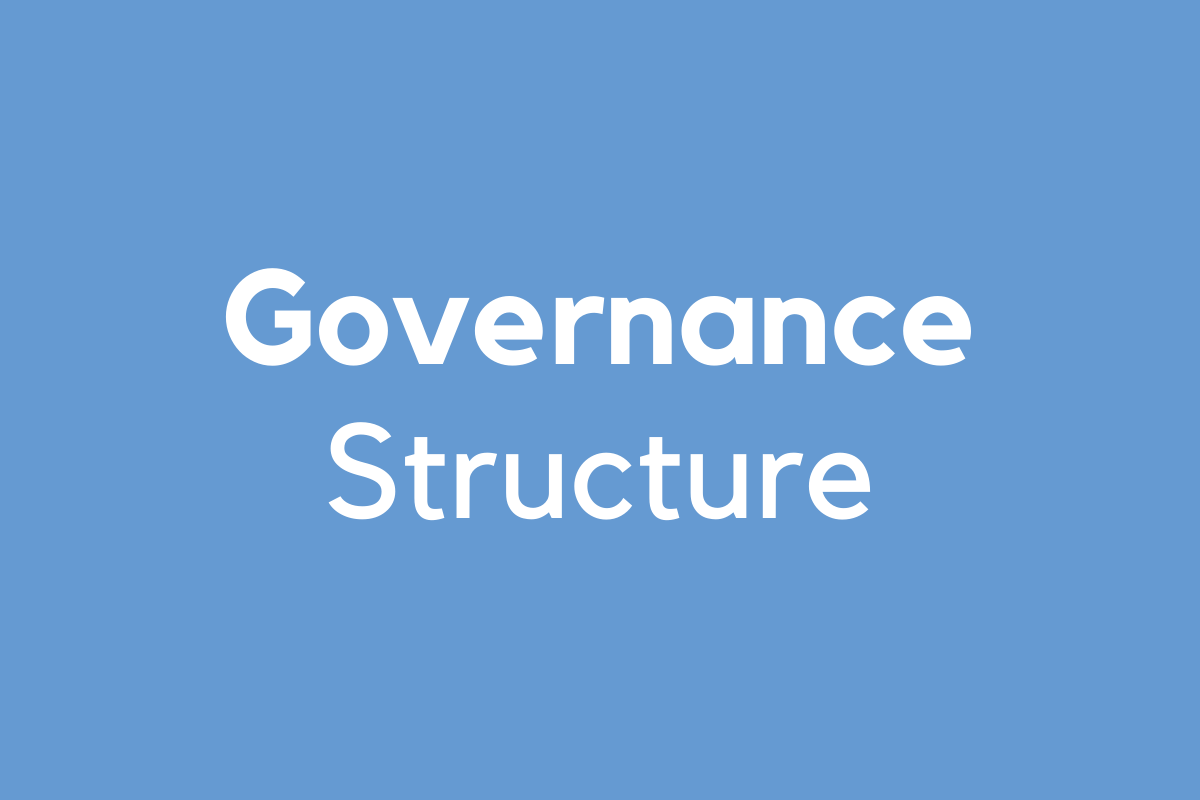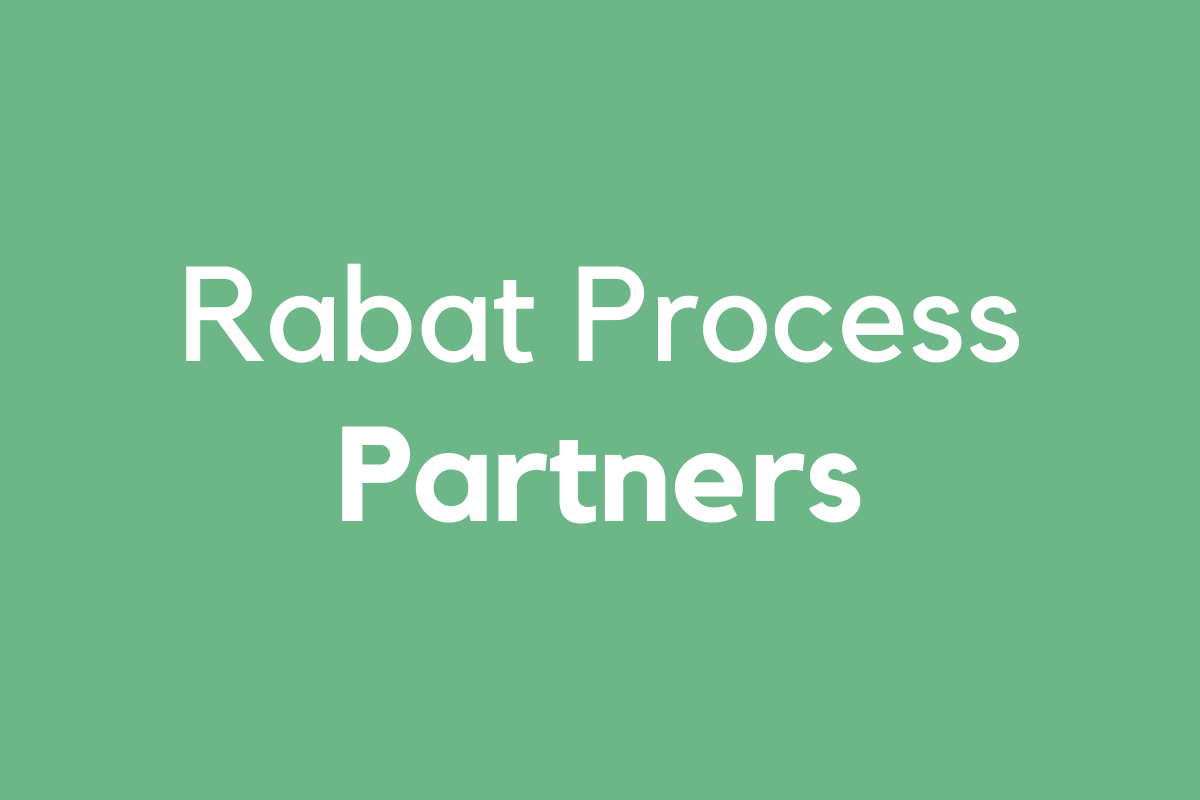The Euro-African Dialogue on Migration and Development (Rabat Process) is a regional migration dialogue. Since 2006, the Dialogue has offered a framework for consultation, bringing together countries of origin, transit and destination of the migration routes linking Central, West and Northern Africa with Europe. 57 state partners and additional key stakeholders, including the European Union (EU) and the Economic Community of West African States (ECOWAS), are involved. The result is an open Dialogue between national authorities about technical and political questions related to migration and development.
Find out more about the Dialogue here:
Building on a decade of Dialogue
The Rabat Process was founded in 2006 as a dialogue platform for national authorities of the countries of origin, transit and destination along the West and Central African migration routes. The initiative was based on the acknowledgement that finding a response to migration flows required a coordinated response from all concerned countries.
At the time, major migration routes crossed the Strait of Gibraltar or led to the Canary Islands. The conviction that it was not exclusively the responsibility of Spain and Morocco to manage these migration routes gave the impetus to France, Morocco, Senegal and Spain to create the Rabat Process. The dialogue was officially established at the first Euro-African Ministerial Conference on Migration and Development organised in Rabat in 2006.
Guided by a flexible strategic framework
The Dialogue benefits from a flexible and adaptive strategic framework. The Rabat Process’ Steering Committee and its alternating chairmanship are driving forces, shaping the Dialogue together with State partners, regional organisations, international organisations and other stakeholders. In addition, the partner countries adopt new strategic frameworks in the form of ministerial declarations and action plans every three to five years, designed to adapt to the evolving realities of migration and mobility.
Cadiz Political Declaration and Action Plan
The current multi-annual cooperation programme is the Cadiz Political Declaration and Action Plan 2023-2027. Like the Dialogue’s former strategic framework, it is aligned with the five domains of the Joint Valletta Action Plan (JVAP) to foster coherence and complementarity between these frameworks. The JVAP was adopted by African and European Heads of State and Government of the Rabat Process and the Khartoum Process at the 2015 Valletta Summit on Migration. It focuses on concrete measures that address the challenges and harness the opportunities created by migration.
The Rabat Process also has an important responsibility for monitoring the implementation of the JVAP. The JVAP Monitoring & Reporting database enables structured data collection, mapping and reporting on African and European bilateral and EUTF-funded migration initiatives (programmes, policies and legislation).
Successful consultations and concrete actions
In the course of over 15 years of existence, the Rabat Process has established itself as a successful and active Dialogue on migration. The initiative builds on the strong foundations of technical and political meetings and concrete actions by partner countries.
The Rabat Process focuses on:
DIALOGUE: Discussing common challenges and opportunities and reaching consensus.
NETWORK: Building Euro-African networks at technical and political levels.
ACTION: Formulating and implementing initiatives taking into account national and regional specificities.
KNOWLEDGE-SHARING: Sharing information on projects, policies and practices among the partners of the Dialogue.
MONITORING: Follows-up on commitments made in the JVAP and its strategic framework.
The success of the Rabat Process is also grounded in the state-driven nature of its activities and the network of National Focal Points that links the Dialogue to the national administrations taking part. Moreover, it is supported by a Secretariat that facilitates the Dialogue and carries out support activities under the guidance of the Steering Committee and the Chair of the Dialogue.
A system of reference countries supports the implementation of concrete activities. Reference countries have a special role in prioritising and operationalising actions that are in line with the objectives of the multi-annual cooperation framework of the Rabat Process.
Shared responsibility and a balanced Dialogue
The Rabat Process aims to foster solidarity, partnership and shared responsibility in the joint management of migration issues in full respect of human rights. By sharing experiences and challenges, trust is built among the national authorities involved, leading to a common understanding of migration issues. The Dialogue distinguishes itself from others by following a balanced approach in all its undertakings and decision-making mechanisms. Examples include meeting agendas – which are built to reflect the concerns and interests of both African and European partners – and the composition of the Dialogue’s Steering Committee, where African and European countries are represented equally.
The 2011 Dakar Declaration put 5 principles in place that still guide the Dialogue today:
- Working dialogue
- A flexible and balanced approach
- Coherent dialogue
- Committed partners
- Shared responsibility
A technical and political Dialogue
The Rabat Process combines political, technical and operational dimensions. These dimensions are reflected in the different types of Dialogue events:
- Euro-African Ministerial Conferences
- Senior Officials’ Meetings (SOM)
- Thematic or technical meetings, workshops and training sessions
- Label meetings
Each type of meeting plays a specific role in the Dialogue and takes place periodically. Consult the calendar and the activities section for additional information about past and future events.
▸Euro-African Ministerial Conferences on Migration and Development
- The Ministerial Conferences are the highest level of the Dialogue within the Rabat Process and take place about every three to five years. The ministers in charge of migration of the partner countries meet to adopt a new declaration and a multi-annual cooperation programme. Currently, the Cadix Political Declaration and Action Plan guide the partner countries and Dialogue activities.
▸Senior Officials’ Meetings
-
During Senior Officials’ Meetings (SOM), the partners debate strategic objectives in detail. These debates usually result in a preliminary draft of a political statement, to be adopted at the next Ministerial Conference.
-
Senior Officials’ Meetings can also be organised outside the context of a Ministerial Conference, to address particularly important topics.
-
Each SOM is hosted by a country taking part in the Dialogue.
▸Thematic or technical meetings and workshops
- Thematic Meetings and workshops are dedicated to a specific topic, which stems from the current multi-annual strategic framework. They provide the Dialogue partners with the opportunity to share their experiences and good practices.
▸Labelled meetings and activities
- Such meetings are branded "Rabat Process", but are independently organised and funded by a Rabat Process partner. These labelled meetings contribute to the implementation of concrete actions in the framework of the current multi-annual cooperation programme.
After each meeting, the conclusions are presented to the participants which propose specific recommendations for the future. Depending on the topic covered, the profile of the participants may vary from one meeting to another. Academic representatives and international (or non-governmental) organisations are often invited to share their expertise.

